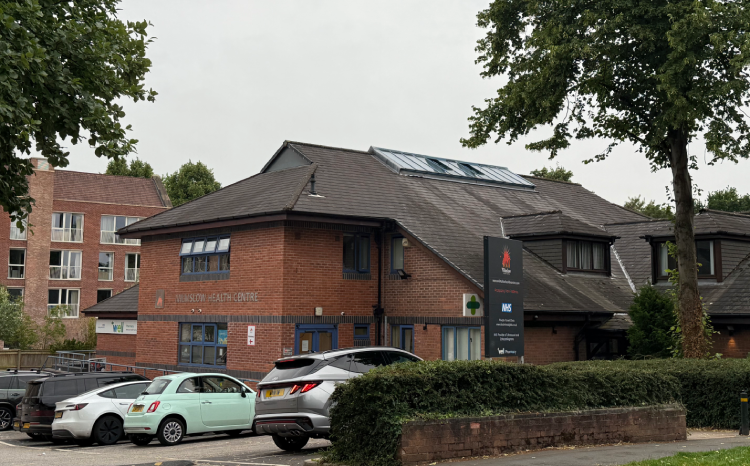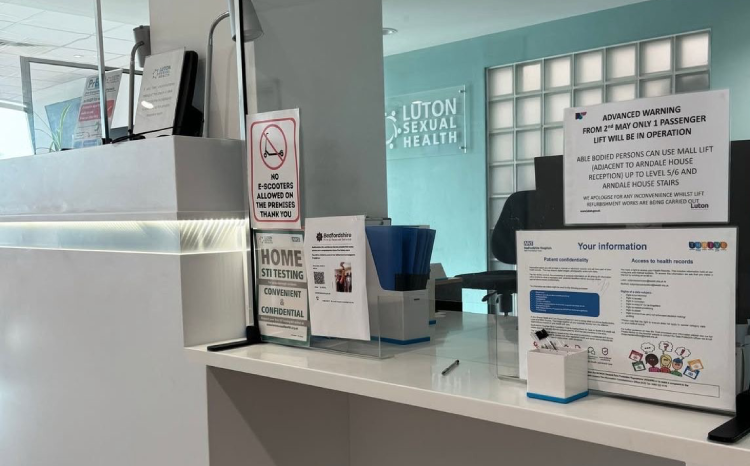Software updates are forcing us into hardware habits we can’t afford
- 16 April 2025

The problem with new, improved software is that the NHS’s creaky hardware can’t cope with it, writes chief clinical information officer (CCIO) Martin Farrier
Hrdwre is becoming rel problem.
Sorry, give me a moment I’ll switch computers.
This one is better.
The A key was missing. It’s always the A key. Too many A’s in the English language. Too much typing. The keyboards are a victim of heavy use. It’s one of our commoner hardware problems. It’s hardly the only one though.
Most of our devices are run as virtualised computers, but not all. My desktop is eight years old. I know that because I had to make a backup of the software on the U Drive and I gave it a name with the date that I made it. And I’m CCIO.
Out of date and struggling
In the early years after we went live with our Altera Sunrise based electronic patient record (EPR) system, we kept having problems with reliability.
There were outages and glitches. We spent a lot of time chasing them down, but they all came to the same conclusion: we were running on old hardware.
We had purchased most of the servers and the basic infrastructure of the Data Centre in the years before we bought the EPR software.
By the time we were live with the new software, the hardware was out of date and struggling. The solution to our reliability problems was a hardware refresh; it wasn’t that the software needed correcting.
Since then, we have had a very high level of availability and reliability of the clinical systems. But that costs money.
It wasn’t in the budget till we had a crisis and even then, it was more of an end of financial year windfall than it was a planned purchase.
It’s difficult for a trust to invest in software and hardware. The costs are high, and they are continuous.
The laptops the clinical teams use to access patient notes will last for about two years. We have thousands of them. Hundreds need repairing and replacing each year. The cost of that is somewhat lower given we run virtual systems.
At least the software is transferrable as the value of the software is often higher than the value of the laptop.
As capital gets tighter and tighter, presumably we will start having more failures and the servers that caused our reliability problems will again start to creak.
Software updates come in various forms. Browsers can be a particular problem, pushing hardware replacement and some software retirement.
Patching is an eternal process, but to keep our systems safe we need to ensure all computers are running up to date software, fully patched and compliant.
It’s not that long since the last computer running Windows XP was retired. The old windows software systems are hidden in scanners or pieces of clinical kit. Hidden, but not safe. Still part of our network and an immediate vulnerability.
The problem ahead of us is Windows 11. It’s not the cost of the software but the problem of maintaining hardware that is compatible with the software. The software updates force our hardware updates.
It’s not long since Apple were in trouble for forcing hardware purchases by their software updates. Batteries lasted less well, and the older systems ran less well after the updates.
Most of us weren’t that worried about receiving the updates, but we didn’t really have a choice and when we took the updates our phones ran less well.
In the same way, we can’t merely declare our EPR adequate and hold the line. We will need to take software from various vendors – the EPR vendors, Microsoft and others.
Addicted to software
Add to that our ability to break the hardware with physical usage, and we have a continuous need for hardware update and replacement. That’s never going to end.
Once we have started the digital journey, there is no escape route. No way to stop.
Like the PFI schemes that consumed trusts from the inside, data systems need a continuous supply of money.
Software companies have developed a form of corporate addiction. We must take the updates. We must update the hardware to run the updates.
The risks of out-of-date software are too high. Going cold turkey could be lethal.
Like all good addicts, we are comfortable with our addiction. We will need to feed it ever more money to maintain it.





